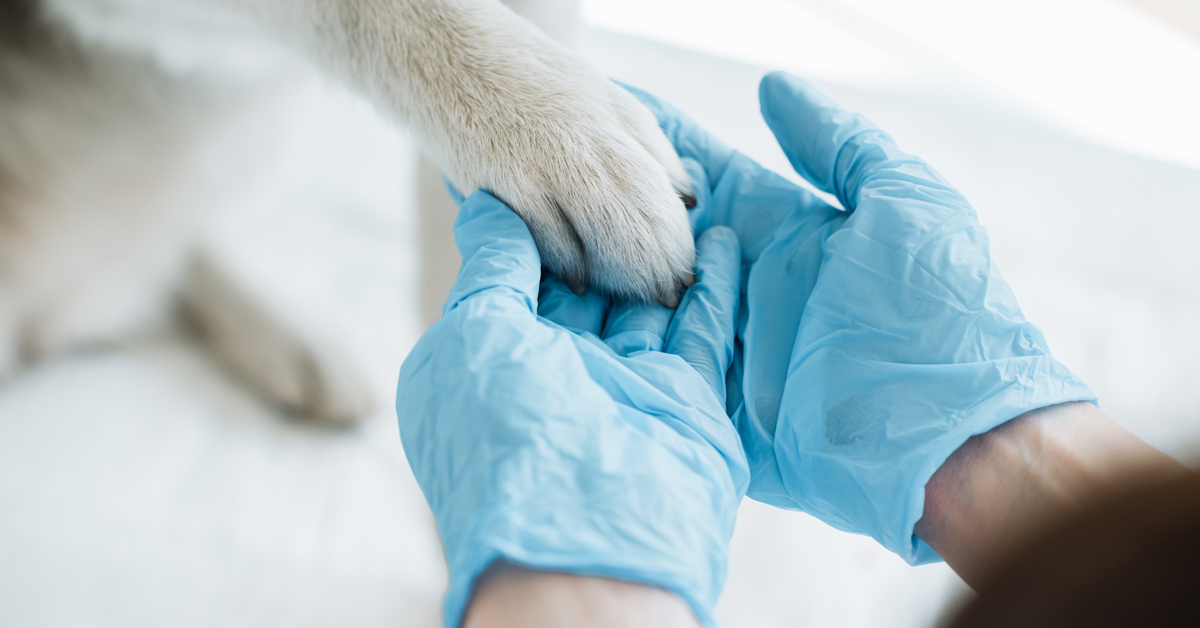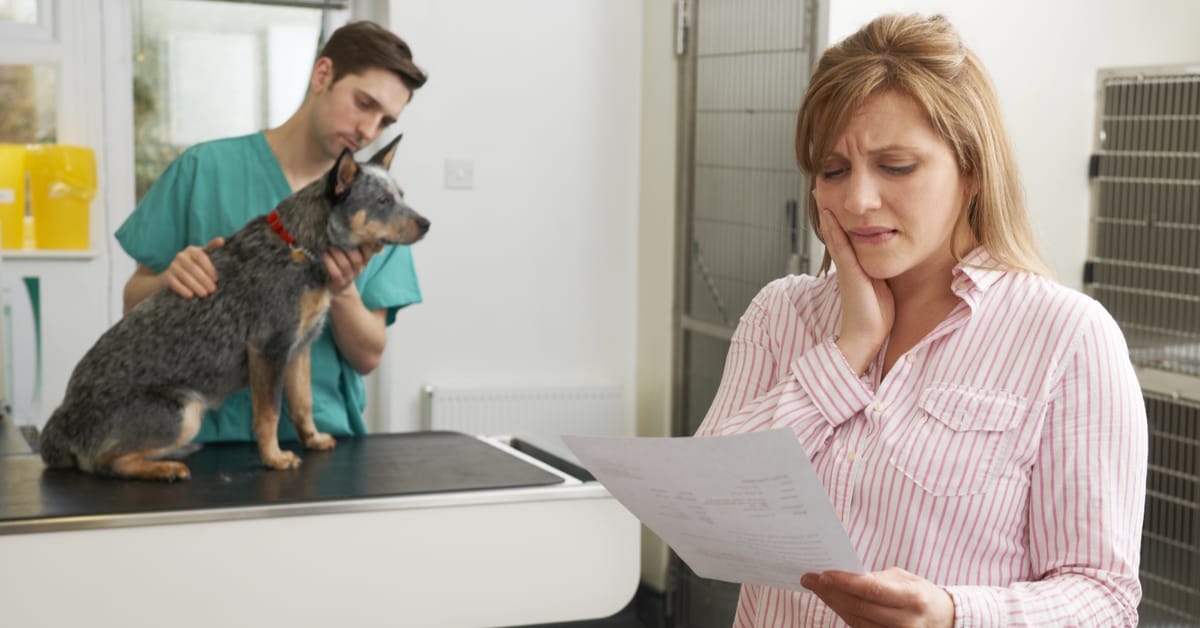It’s no secret that health care in the United States is unreasonably expensive. We pay more for health care services than any other advanced economy on the planet. Veterinary care in the U.S. isn’t exactly affordable, either — and we’re spending more on it each year.
Americans spent nearly $30 billion on veterinary care and vet-related products in 2019 alone.
We could all use help with vet bills. Our furbaby’s medical care is a major expense of being a pet parent, and it’s a responsibility we knowingly take on when we bring home a new four-legged family member. Depending on the service, such as surgery or cancer treatment, it can be quite a financial hardship.
Luckily there are options available for financial assistance when it comes to veterinary care.
Your local or state government may provide vet care, spay and neuter clinics, or vaccination clinics for a low fee or even free of charge. There’s also health insurance to consider (if you can swing the monthly payment for a pet insurance policy), crowdfunding campaigns, and various financial aid programs.
No matter your family’s income or tax bracket, there are resources out there that can help keep your pet’s health care from being a financial burden. In these trying times, it’s especially prudent to prepare for the worst as many pet owners may have lost jobs due to COVID-19.
Animal shelter programs & aid from nonprofit organizations

Many animal shelters nationwide provide low-cost veterinary services from microchipping to vaccinations and other preventative care. Check your local shelter’s website to see if they have any of these services.
If you aren’t sure where to look, the Humane Society of the United States has a list of state-by-state shelters and non-profits with low-cost veterinary clinics.
Several nonprofits, like The Mosby Foundation, Paws 4 a Cure, and The Onyx & Breezy Foundation, offer financial aid to those who are eligible. For a list of pet financial aid organizations, scroll to the bottom of this post.
Spay/neuter clinics
There are several free or low-cost spay and neuter clinics across the country. Your local animal shelter or rescue organization will have a list of resources where you can find a clinic near you. The Stand Up for Pits Foundation, for example, funds hundreds of these procedures during Spay & Neuter Angel Day in several cities throughout the year.
Financial aid for emergency veterinary care
Several national non-profit organizations like RedRover Relief provide urgent care grants to eligible pet parents in need of emergency vet care.
Check your local area for pet emergency care help that is specific to your region as well. The Shakespeare Animal Fund, for example, provides funds for life-saving emergency pet care costs and vet visits for Nevada residents.
Shop around

When it comes to high-cost, non-basic veterinary care and medical treatments like TPLO surgery for a torn knee ligament or removal of a throat tumor, always get a second opinion. Call several veterinary surgeons to get a quote for such invasive and costly procedures.
Be willing to travel to another smaller city or town. Veterinary care in less expensive zip codes will usually cost much less than one closer to you or in a major city.
See if your local college has a veterinary school as well. Many local veterinary schools have low-cost clinics for low-income pet owners. You can find a list of accredited veterinary colleges on the American Veterinary Medical Association’s website.
Payment plans, fundraising, and Care Credit
Many veterinarians are willing to work with you to negotiate a payment plan. There are credits cards that can help with vet bills, too. Ask if your animal hospital accepts Care Credit, a credit card specifically for medical expenses for you and your furry best friends.
Many pet parents have success crowdsourcing financial help through websites like GoFundMe or Waggle. Waggle is a crowdsourcing website specifically for veterinary care. It’s arguably more secure as they pay your animal hospital directly.
Assistance programs for pet food

No pet should go hungry. That’s why Feeding Pets of the Homeless provides an interactive map where you can locate food banks, pet food pantries, and more in your local area. If you can’t find a designated Pet Food Provider on the map, contact your local pet shelter, SPCA, or Humane Society.
If you wish to donate to any of these pet food banks, the map includes the donation center locations as well.
Other resources for help with vet bills

Don’t let large veterinary bills get in the way of your pet’s needs and wellness.
Best Friends Animal Society (BFAS) has a webpage filled with videos, webinars, PDFs, and more on how to apply for grants, find foundations, and fundraising campaign strategies for those in financial need.
BFAS also has a list of tips and limitations for cat and dog owners to be aware of when hunting for pet financial aid. Particularly helpful tips of note from BFAS include:
- “Be aware that few, if any, organizations will pay for ongoing medication that pets will need for extended periods of time.
- It is unlikely that any one organization or program will pay for expensive procedures in their entirety. So, be sure to contact as many sources as possible. The grants may be very small, but they can add up if you get help from a number of sources.
- If possible, contact any possible sources of financial aid before procedures are done. Few sources are willing to pay bills for care that has already been provided.”
Financial assistance groups
Below are just some of the many organizations that provide financial aid for pet parents and their beloved pets:
The Magic Bullet Fund (for pets with cancer)
Joshua Louis Cancer Foundation
American Veterinary Medical Foundation
International Associate for Assistance Dog Partners (emergency financial assistance for service dogs, guide dogs, hearing dogs, etc.)
Handicapped Pets Foundation (they donate doggie wheelchairs)

